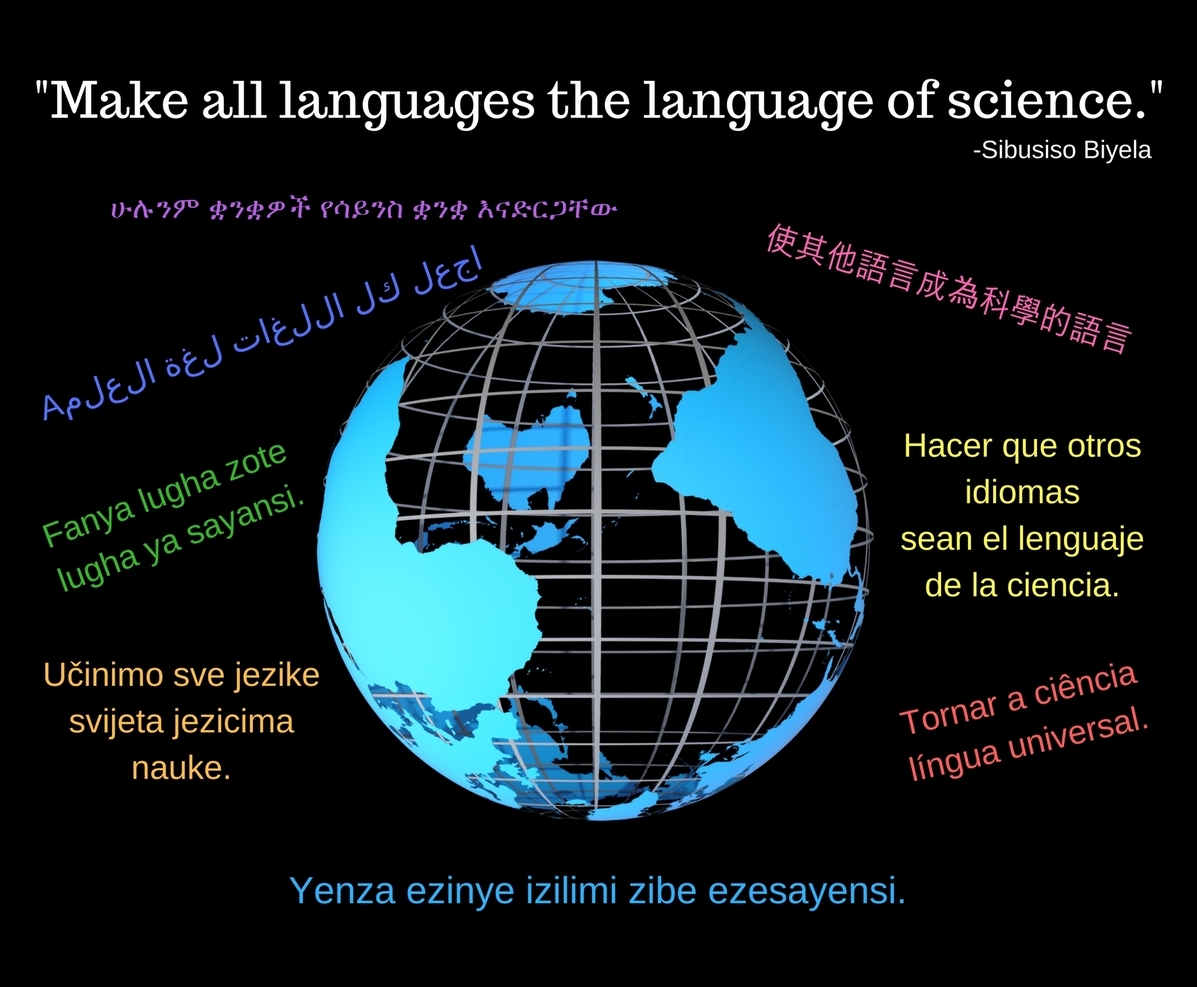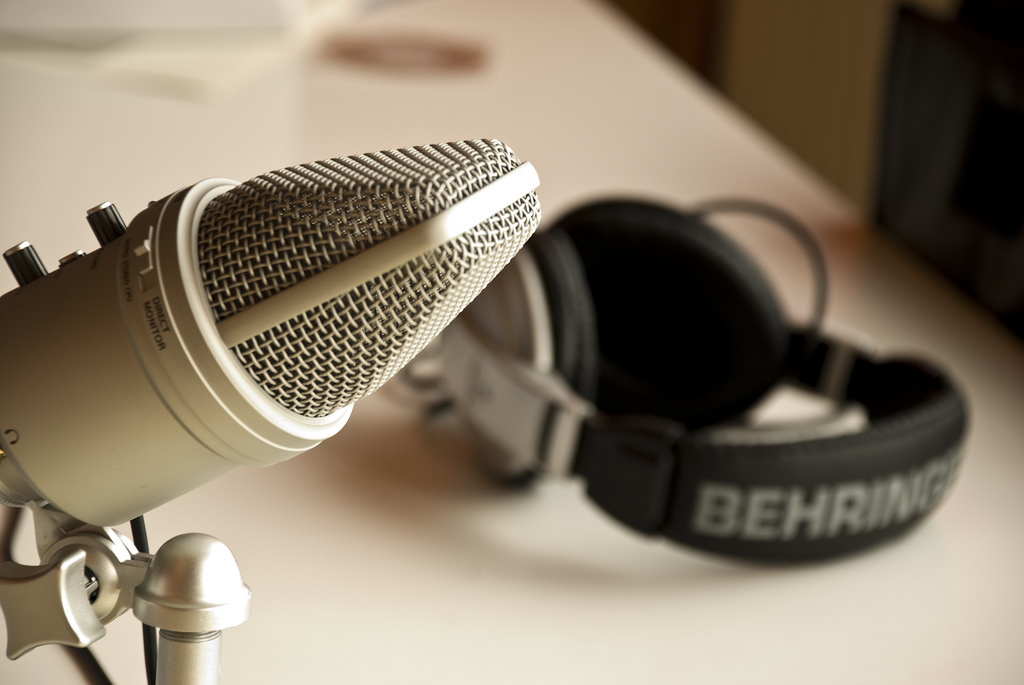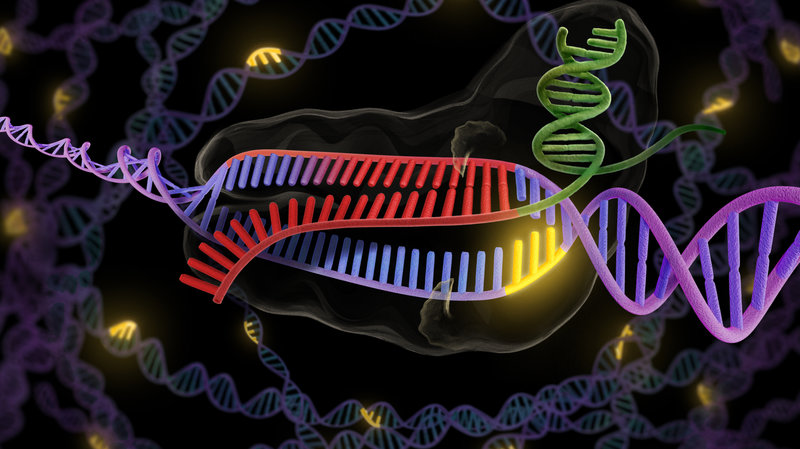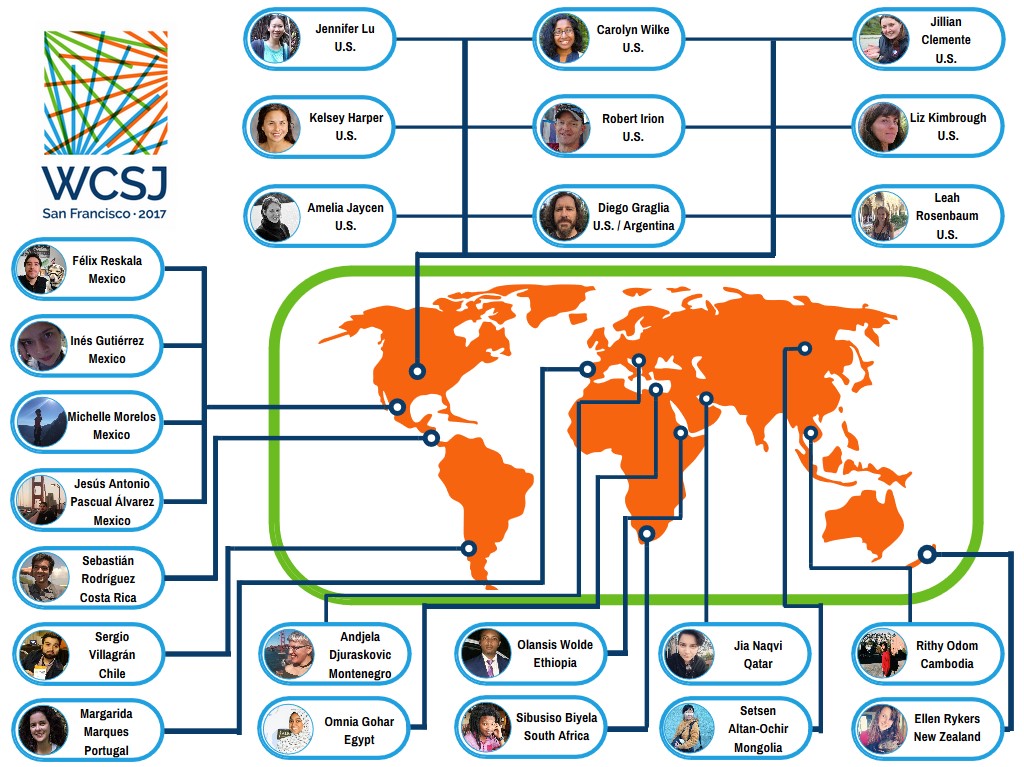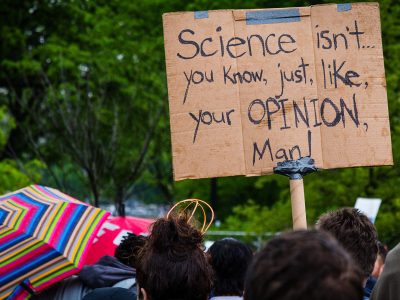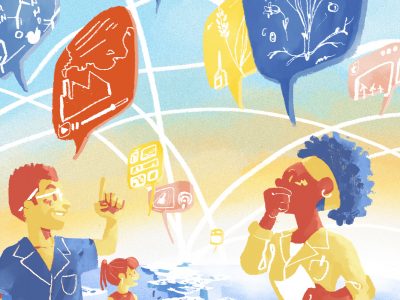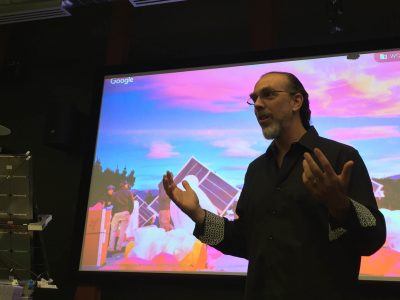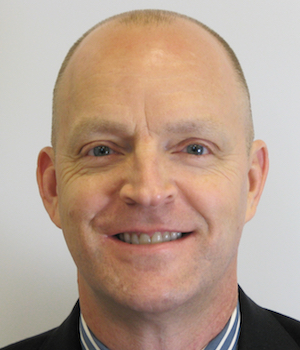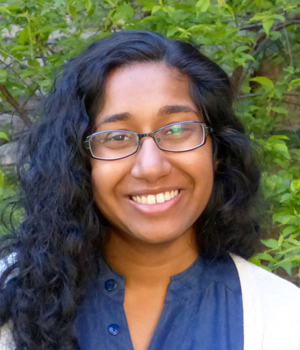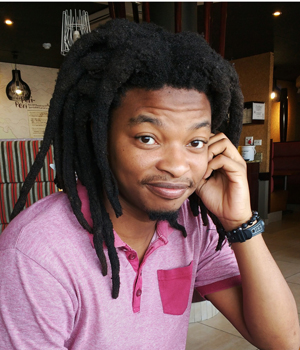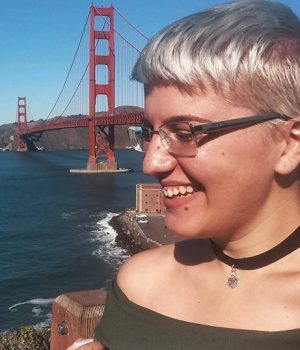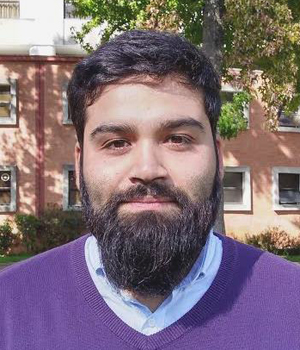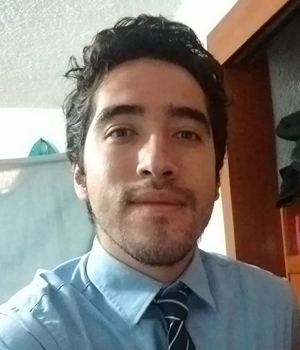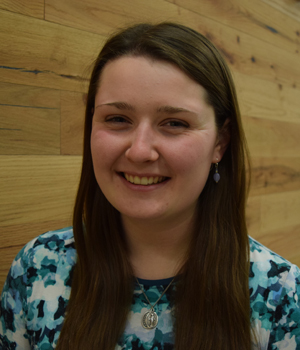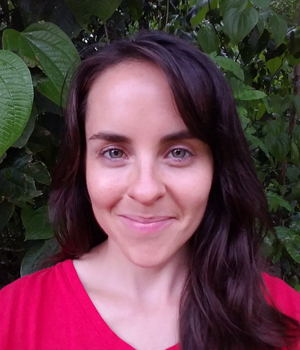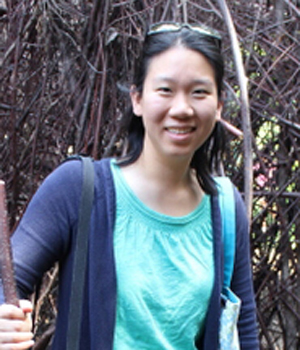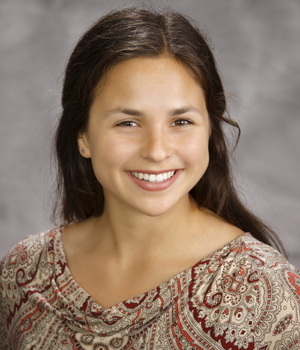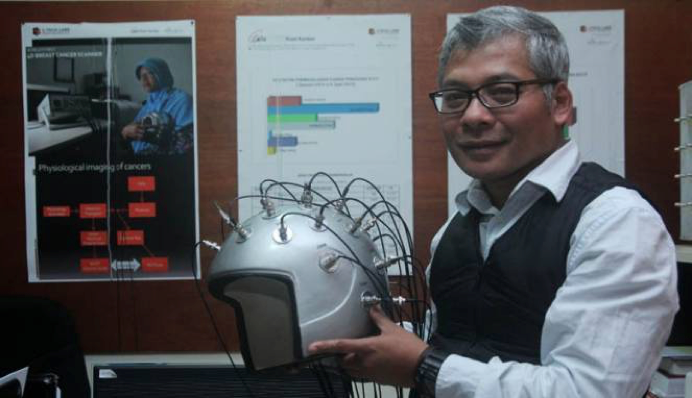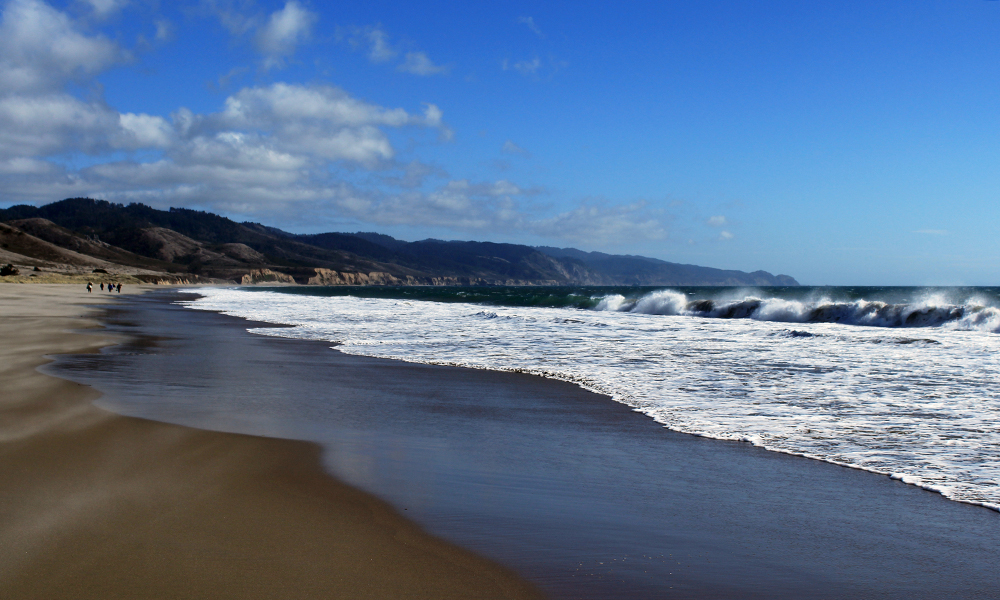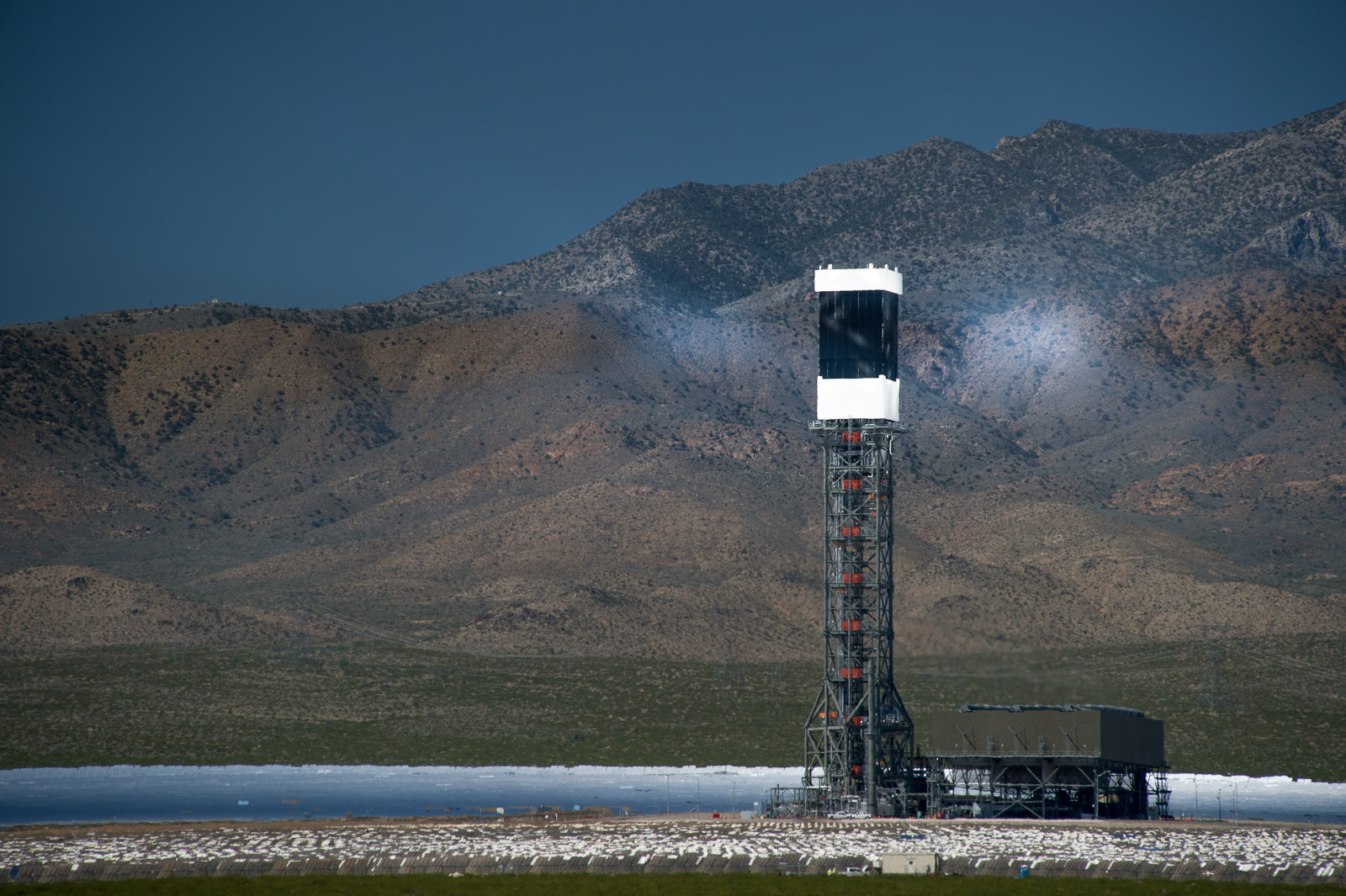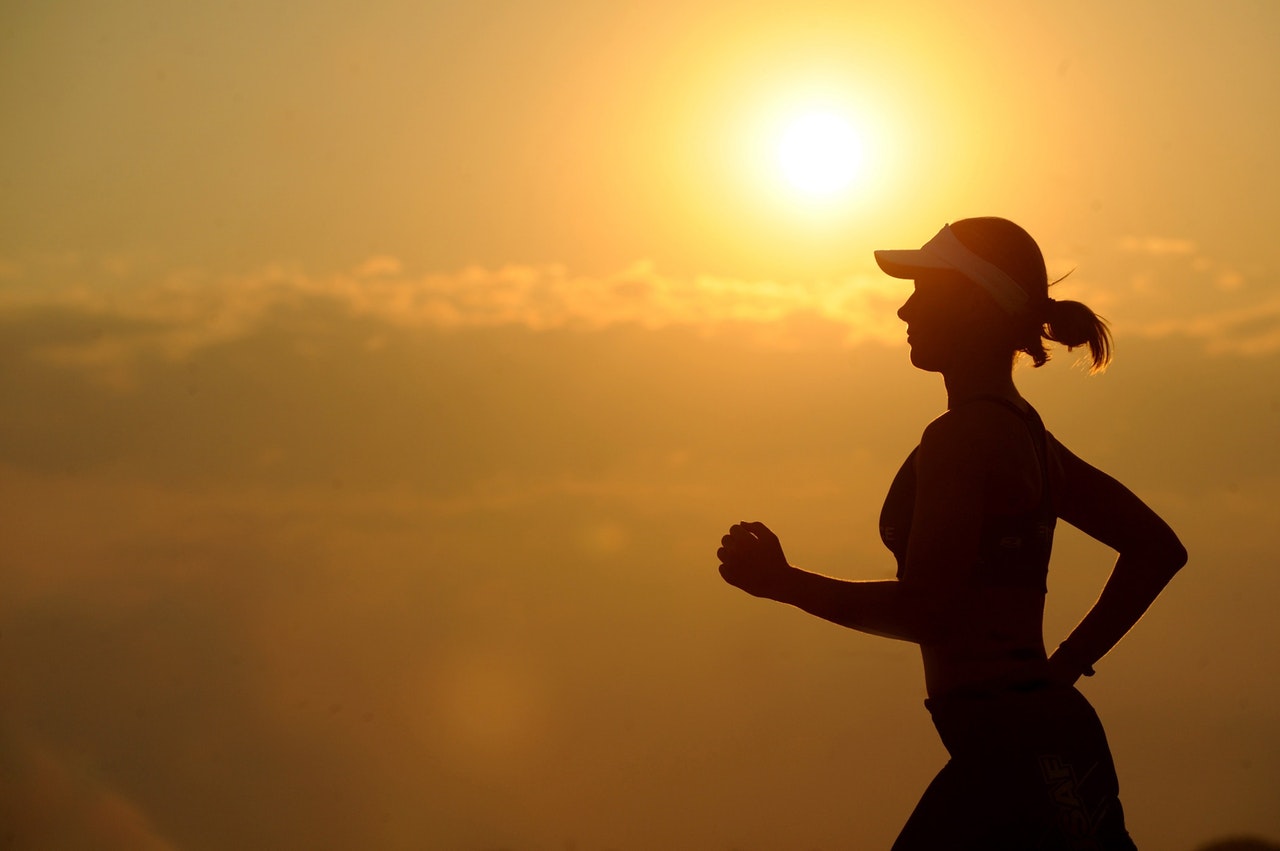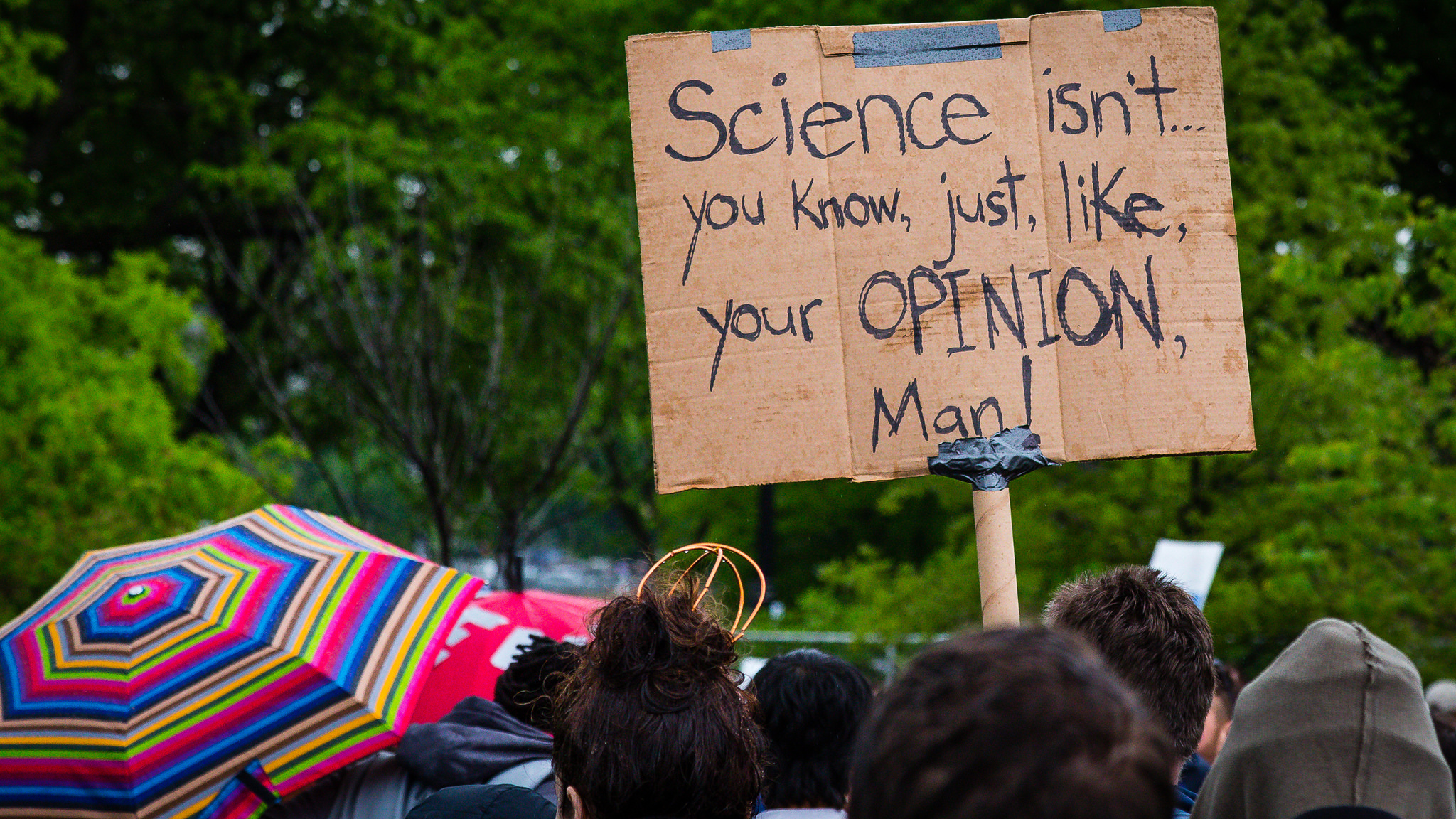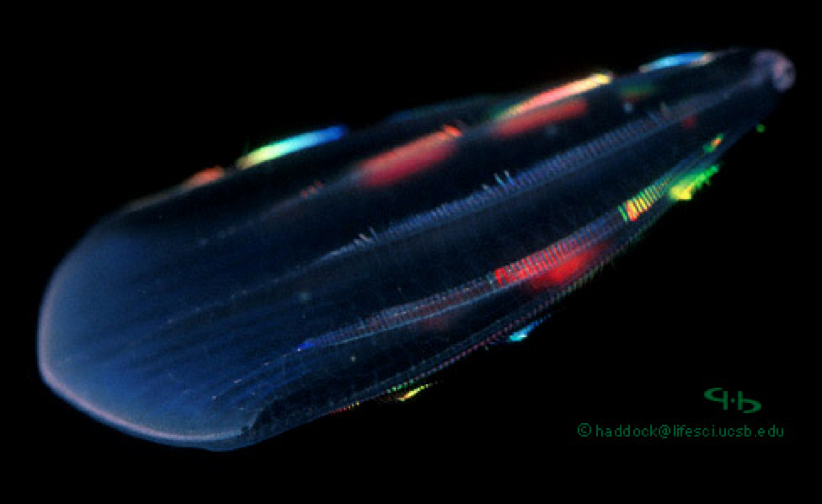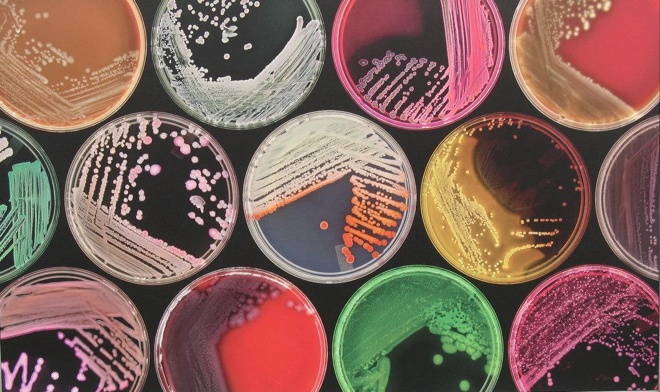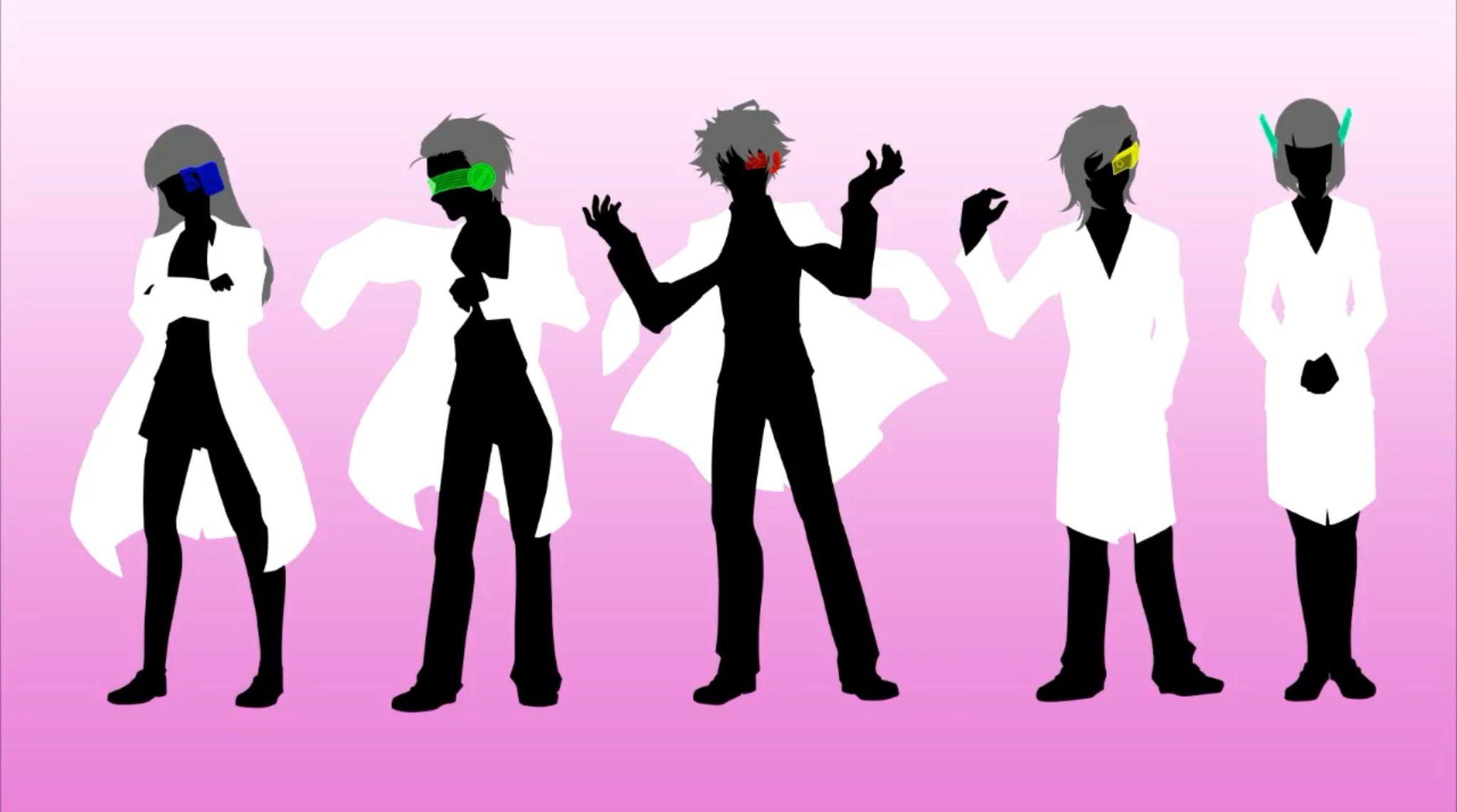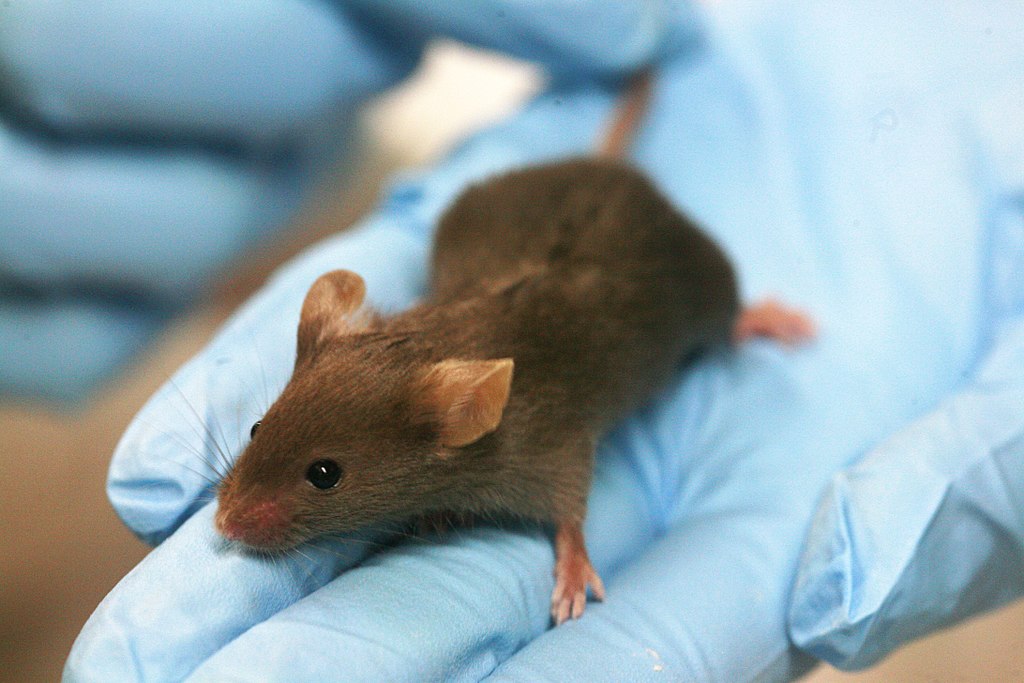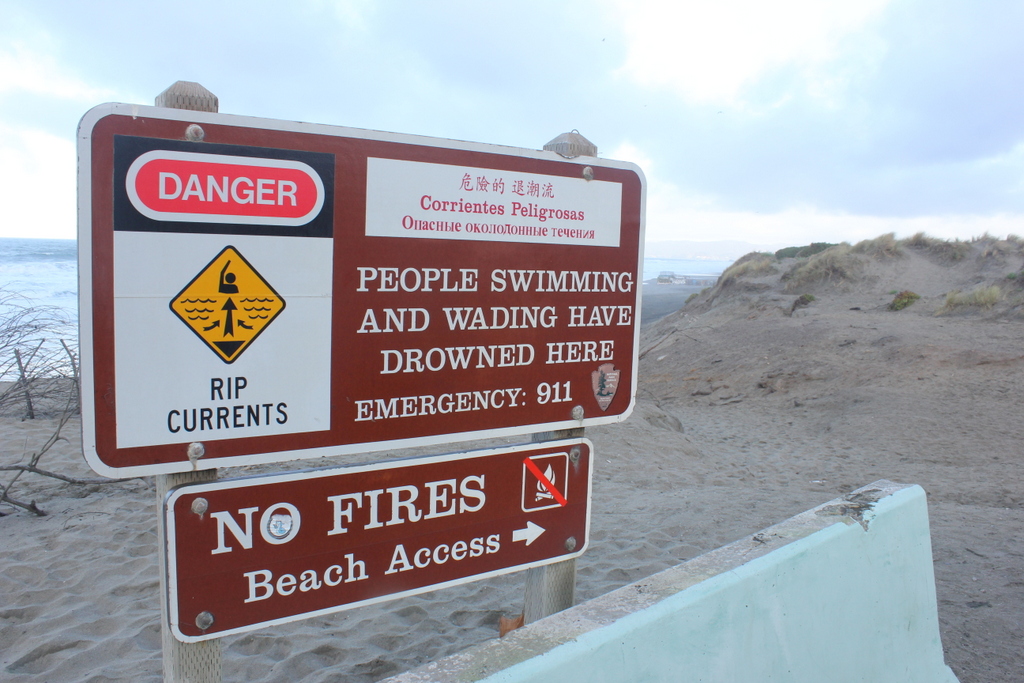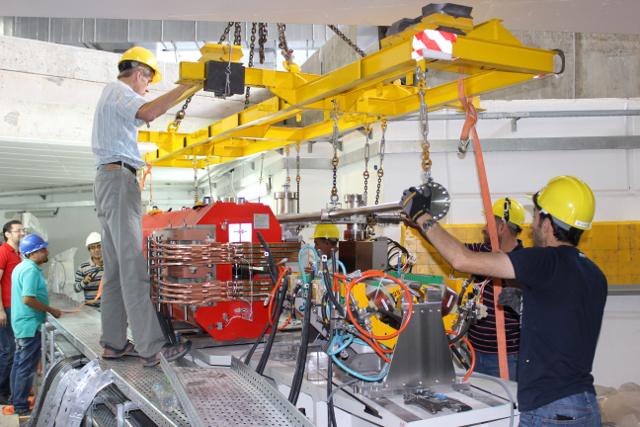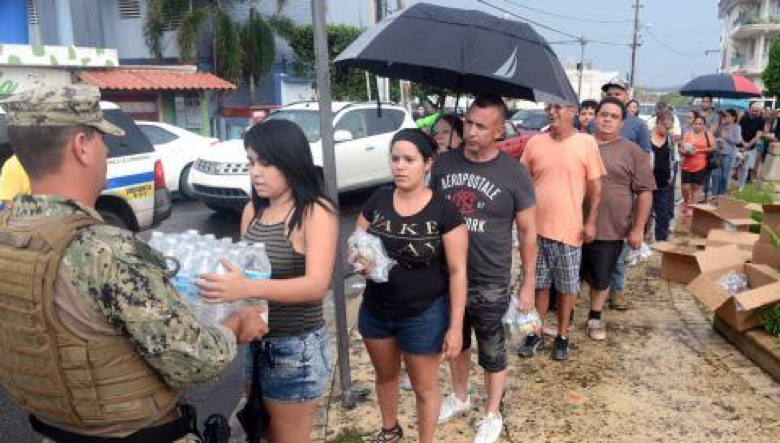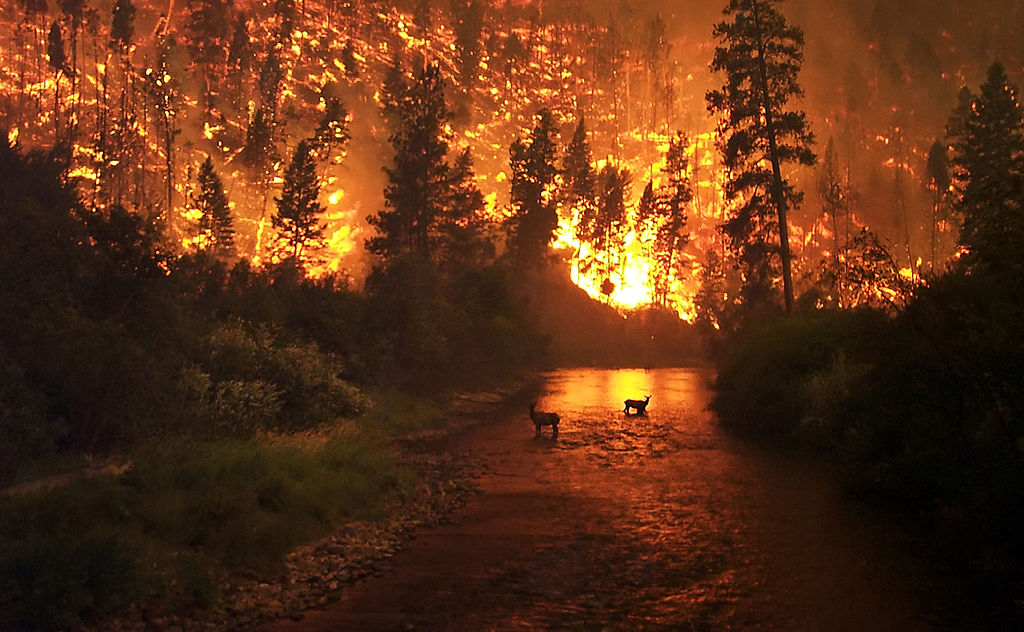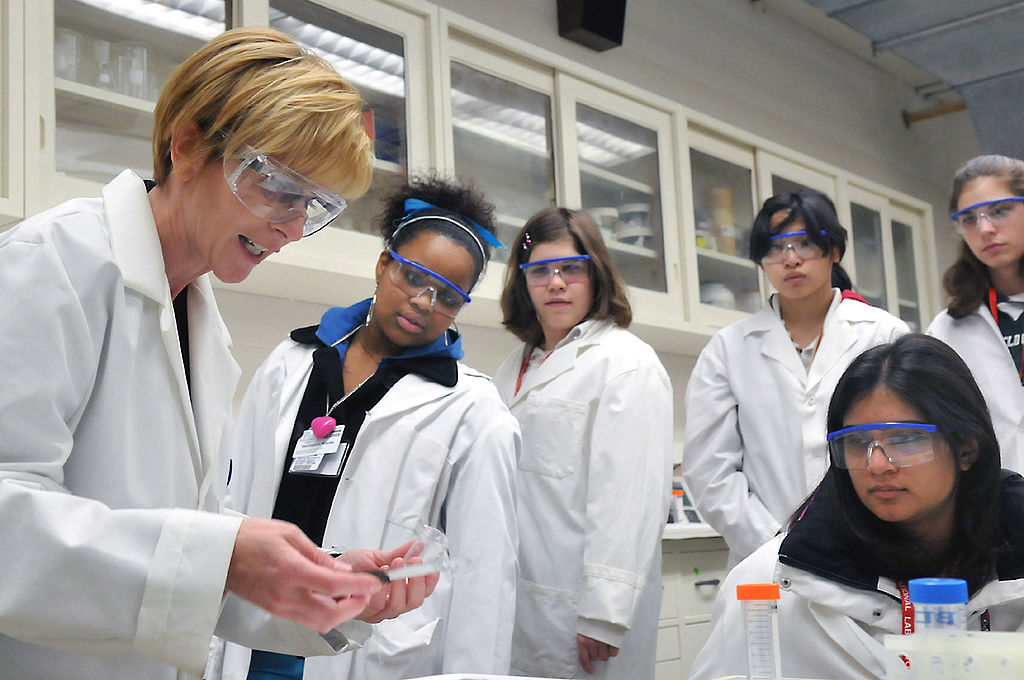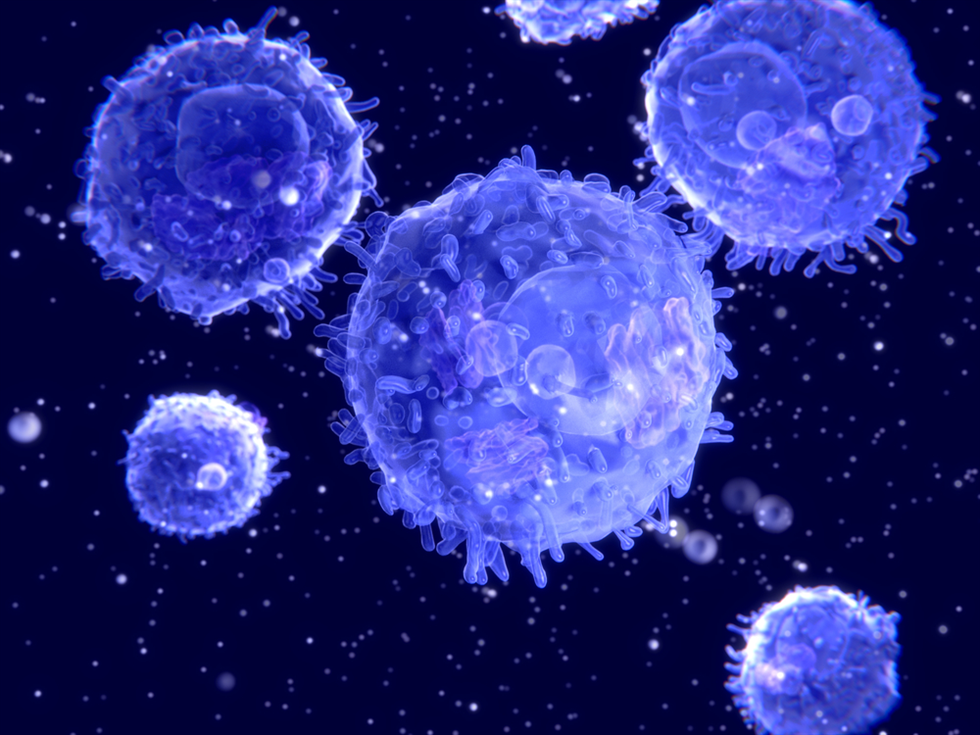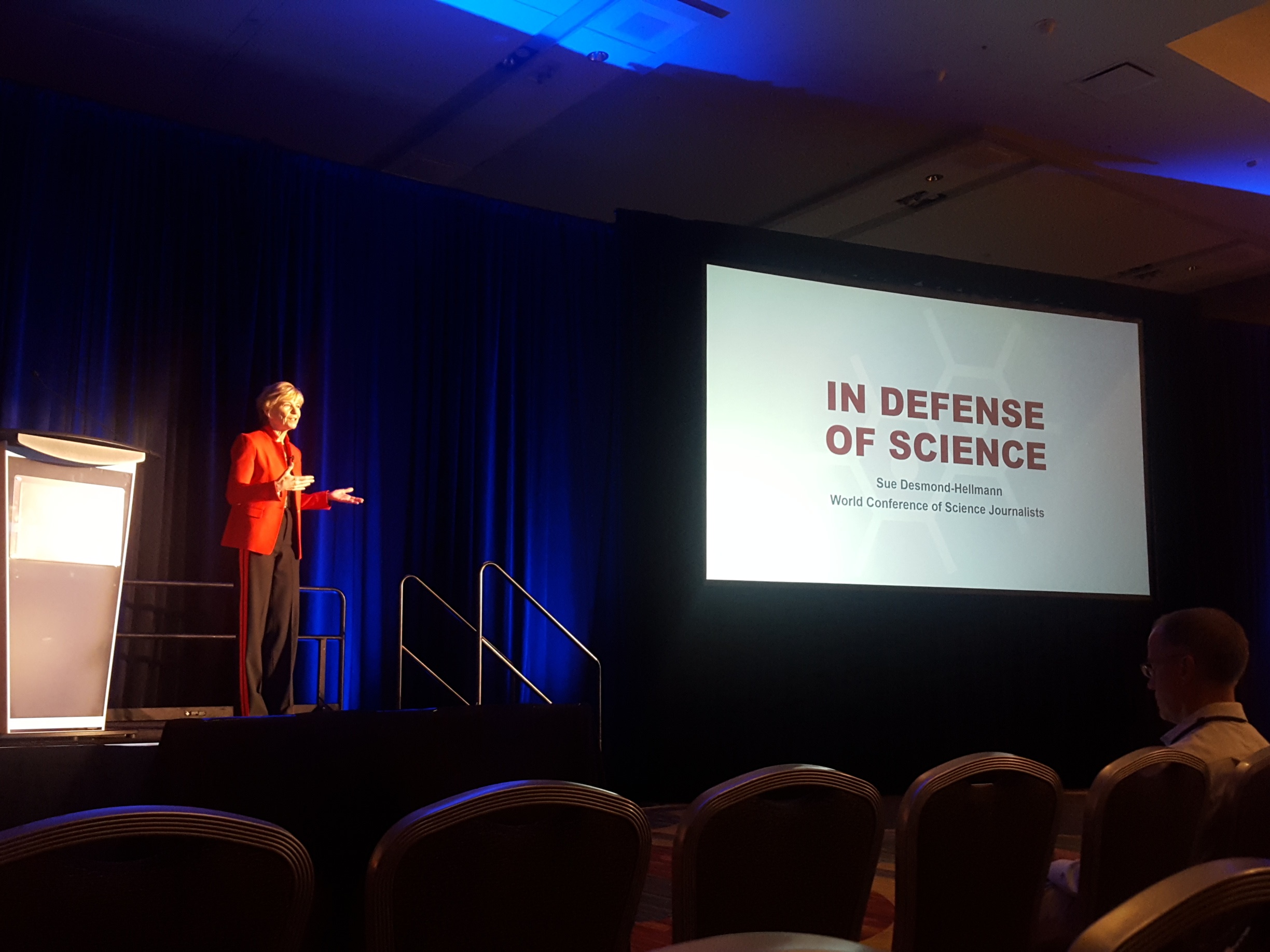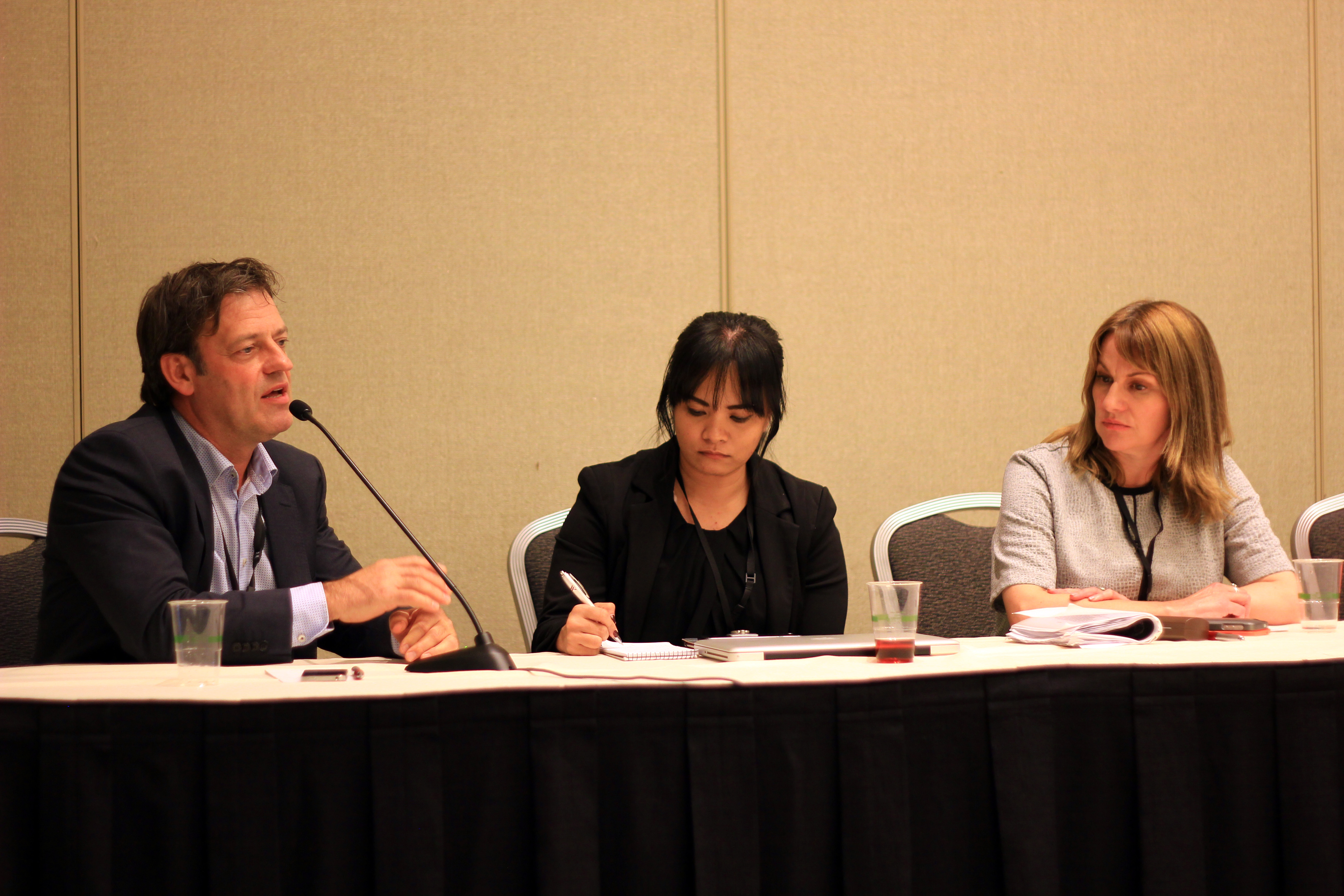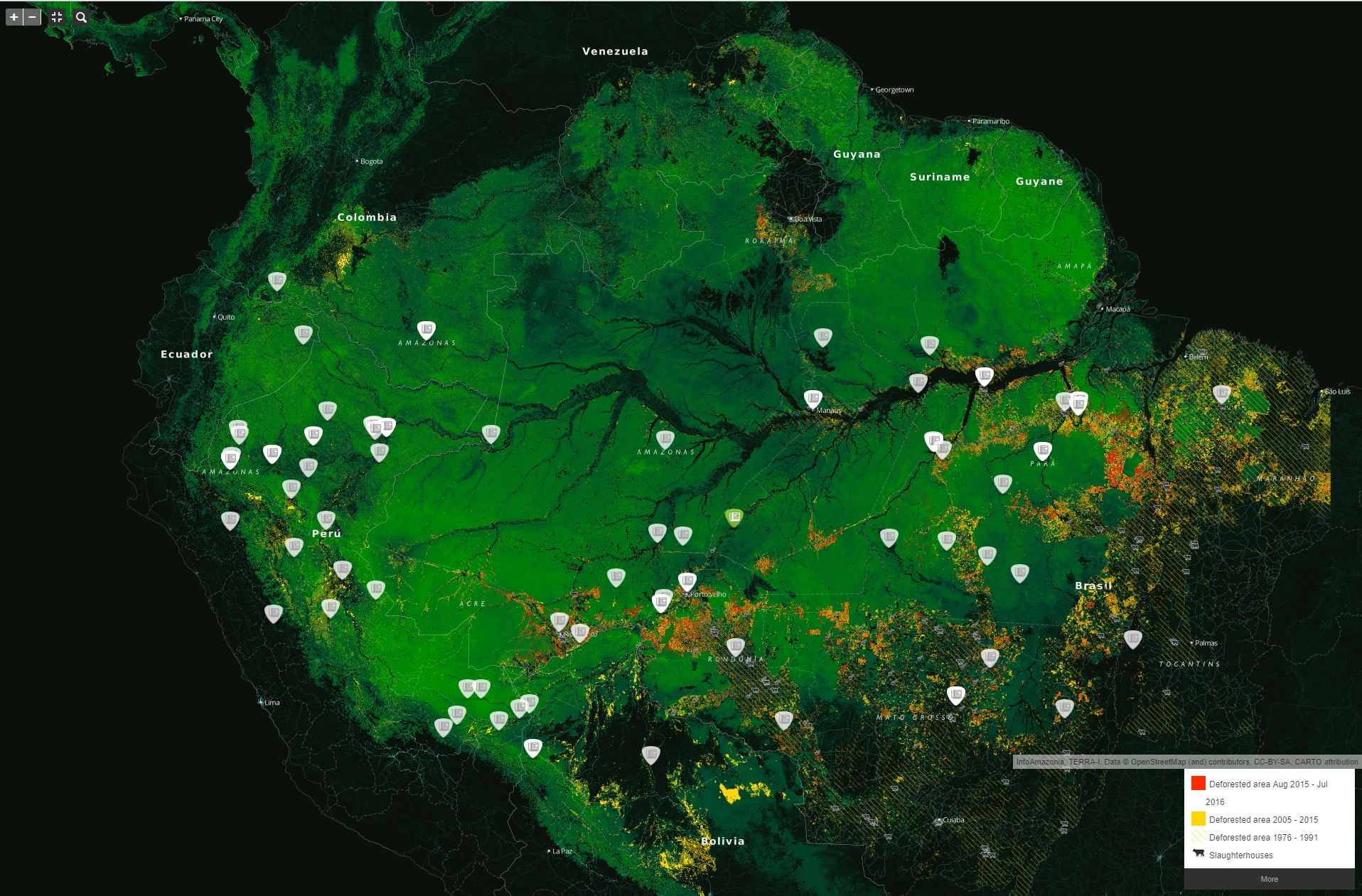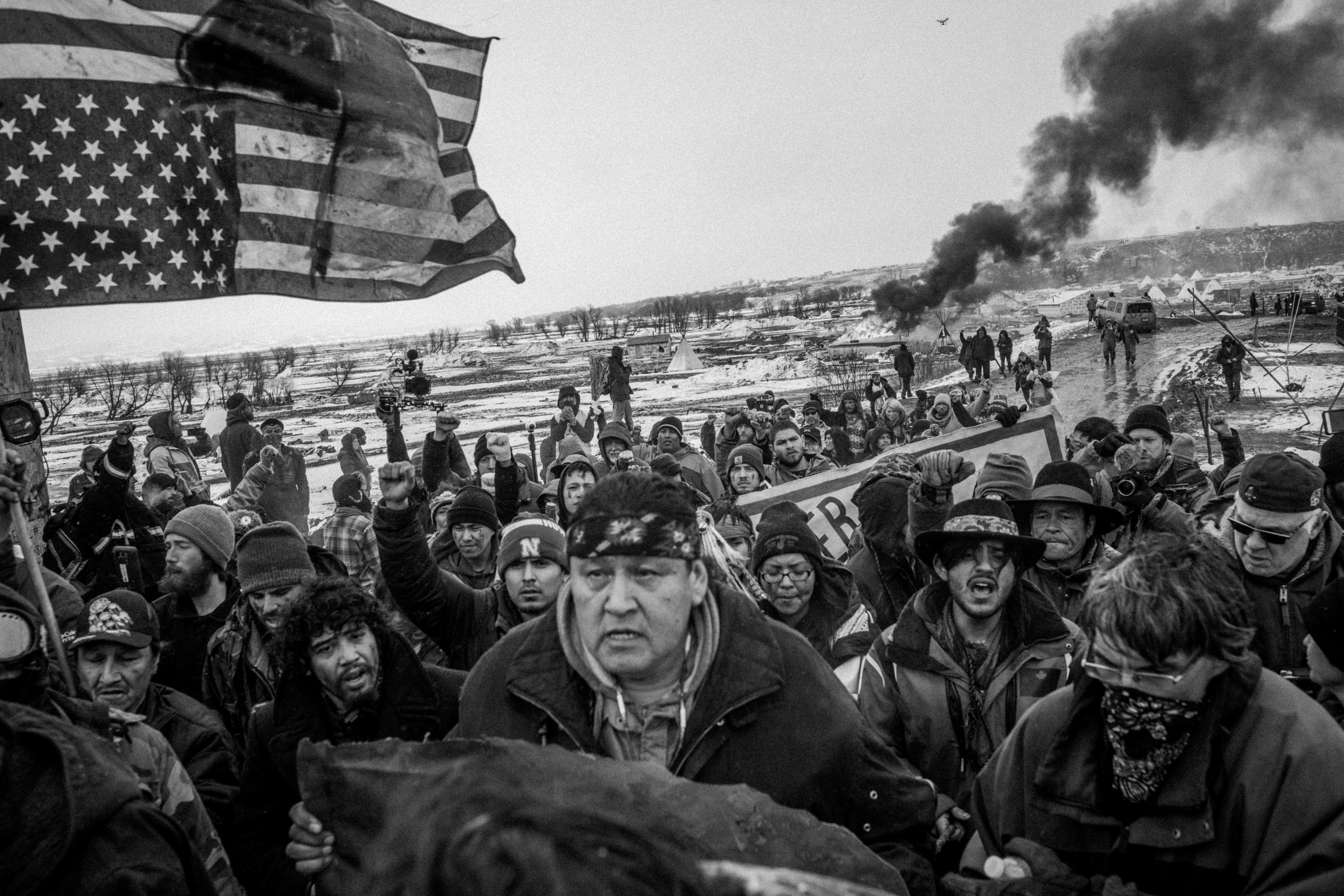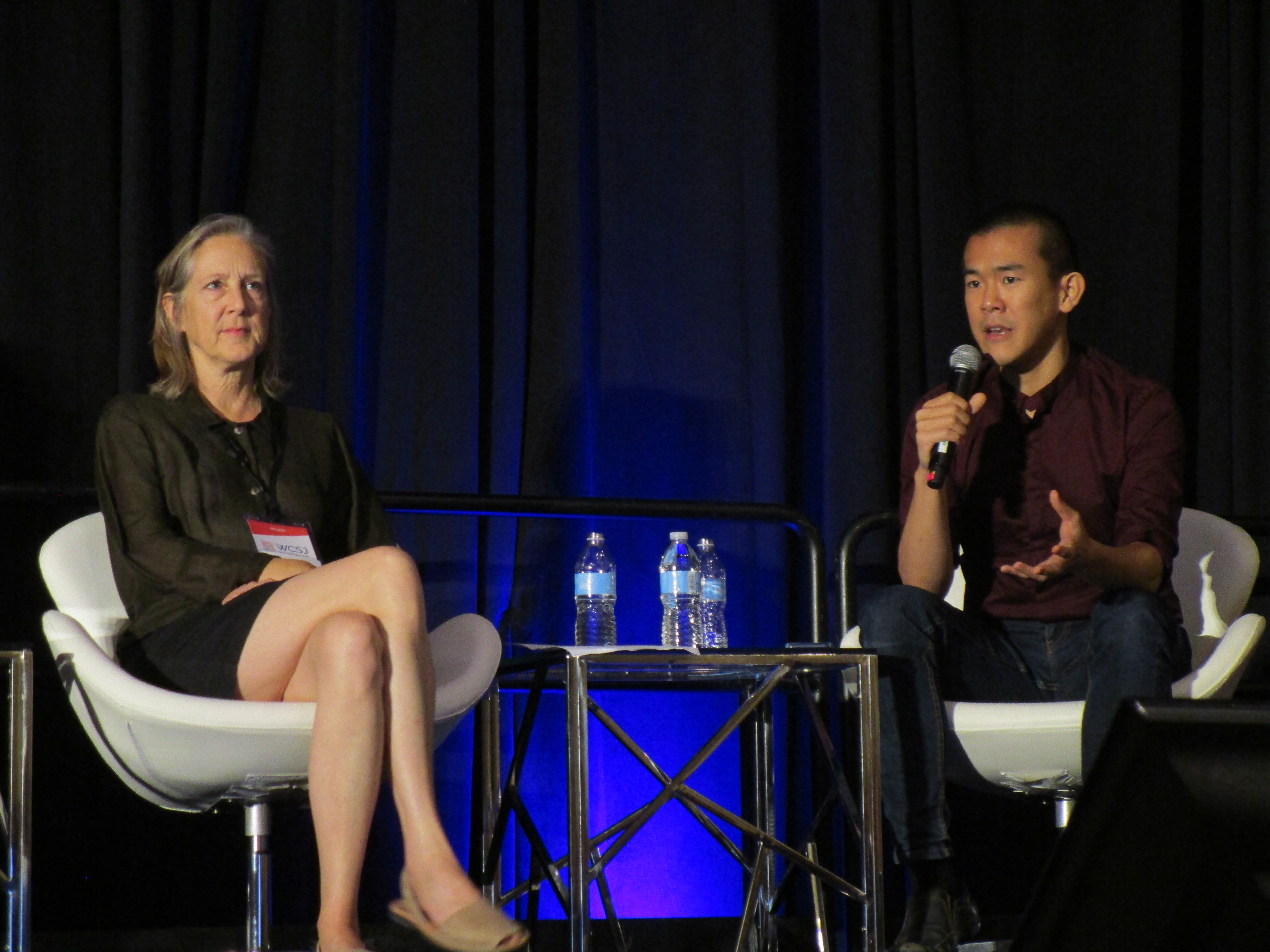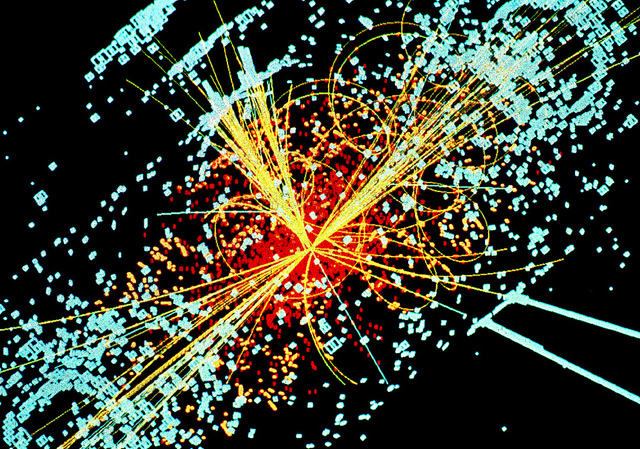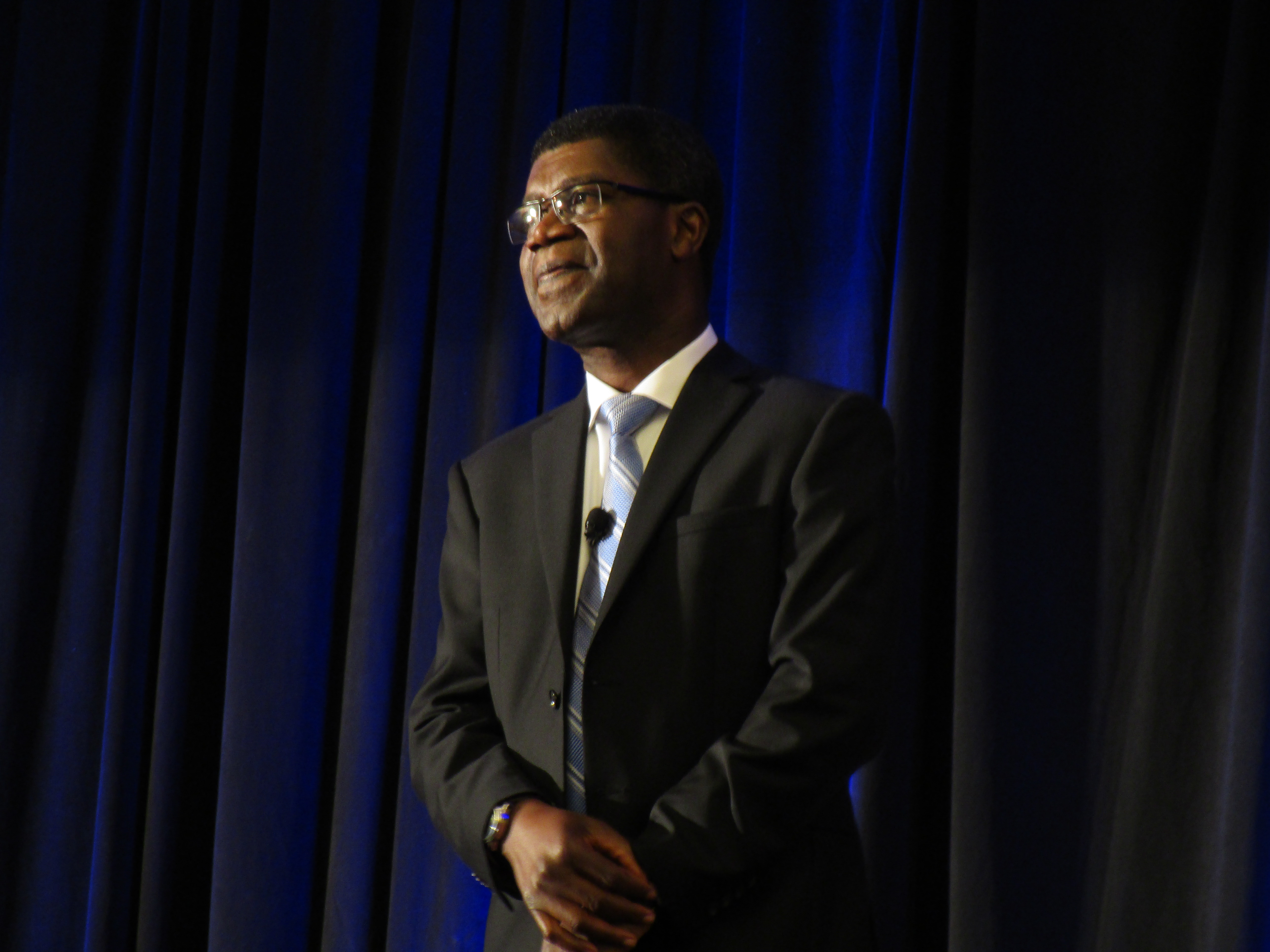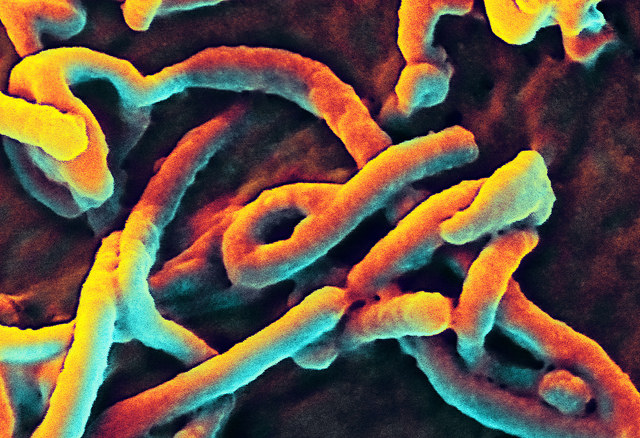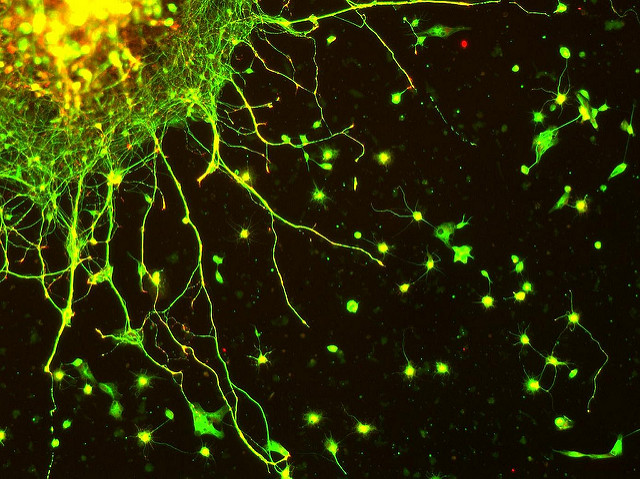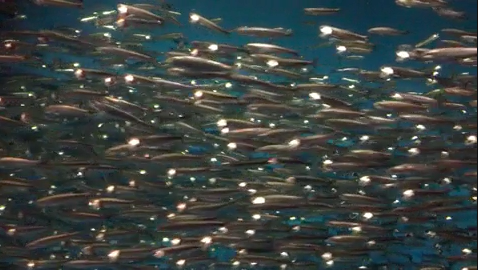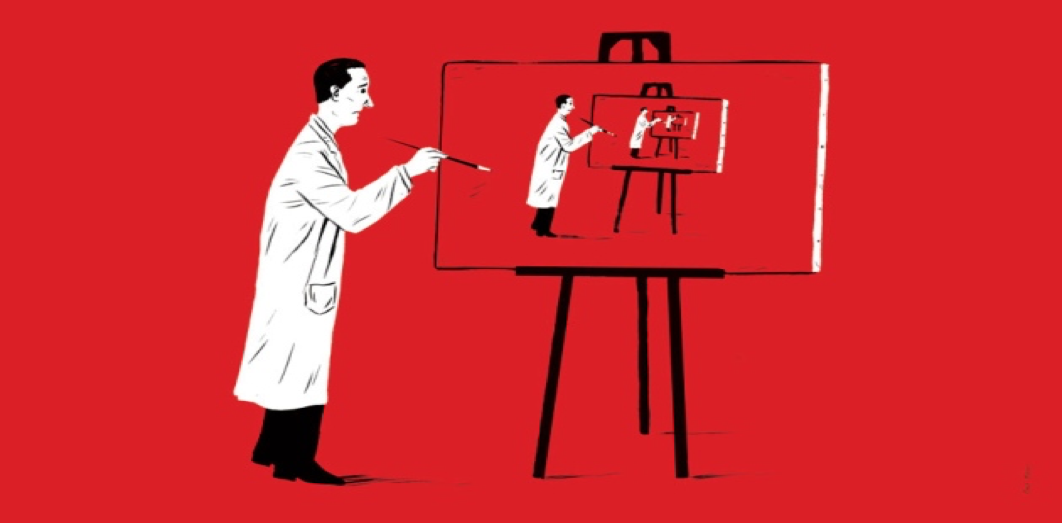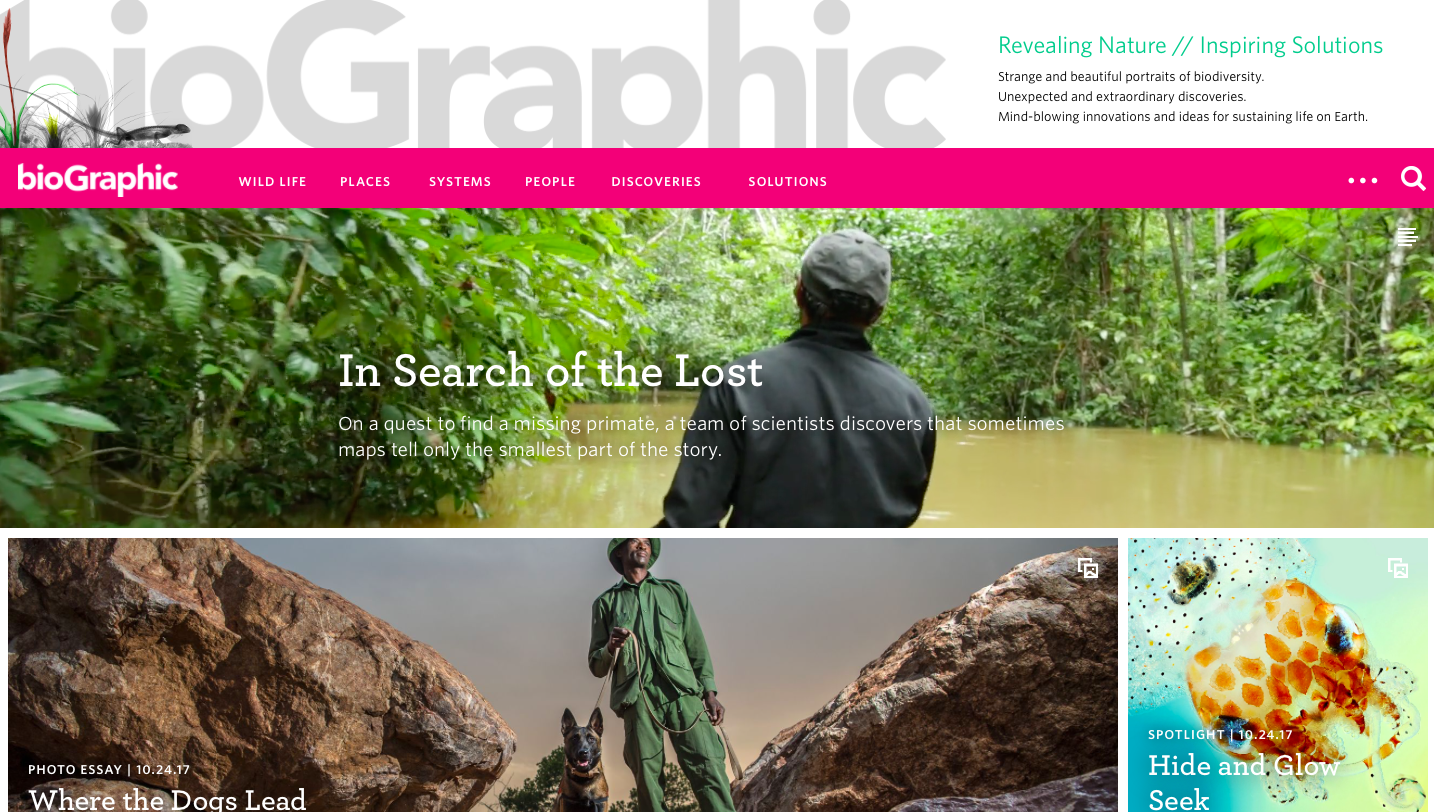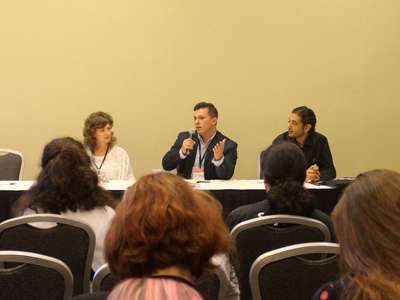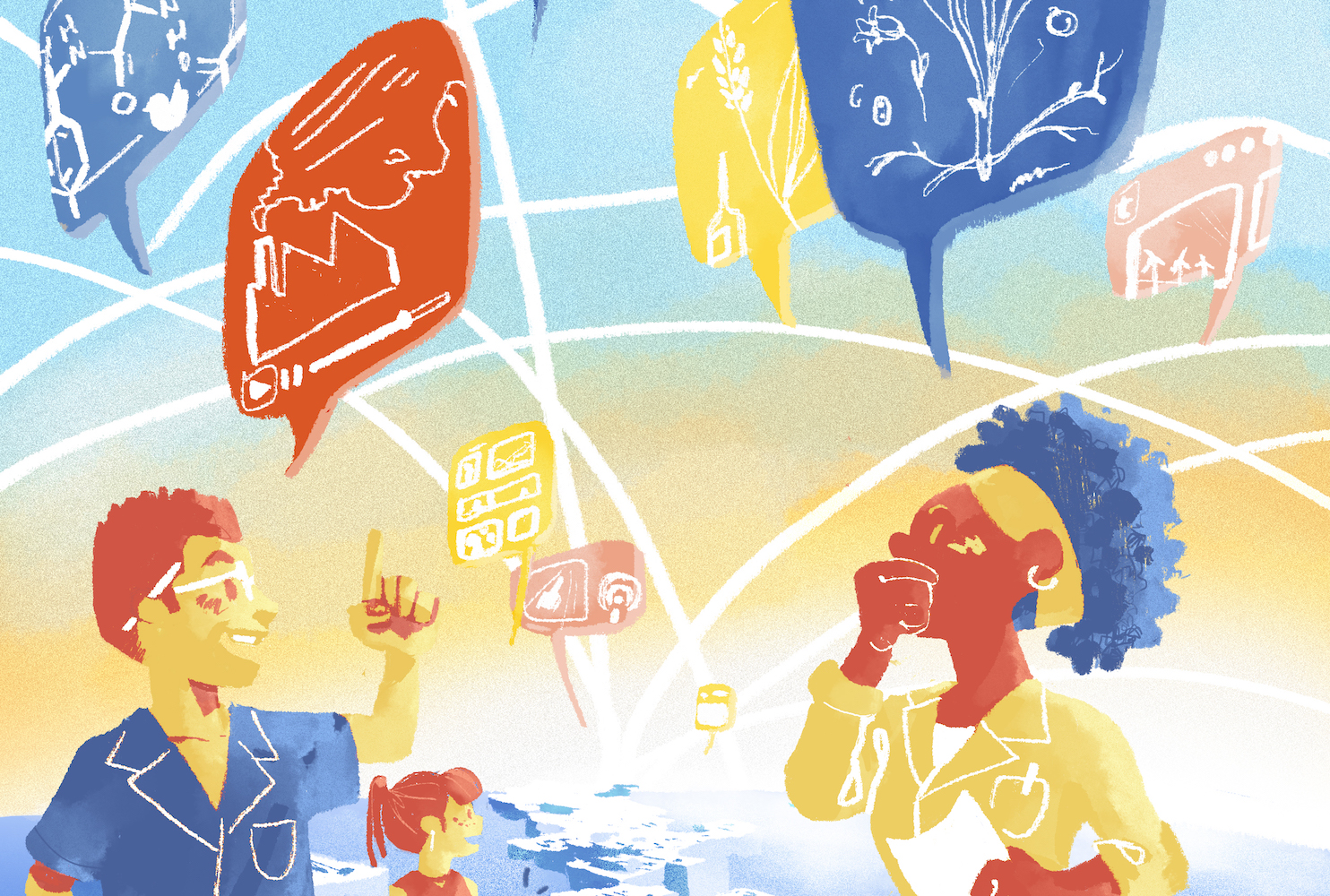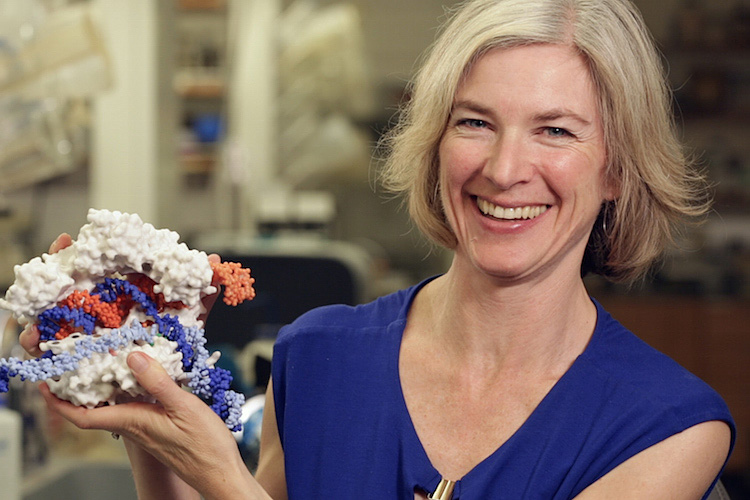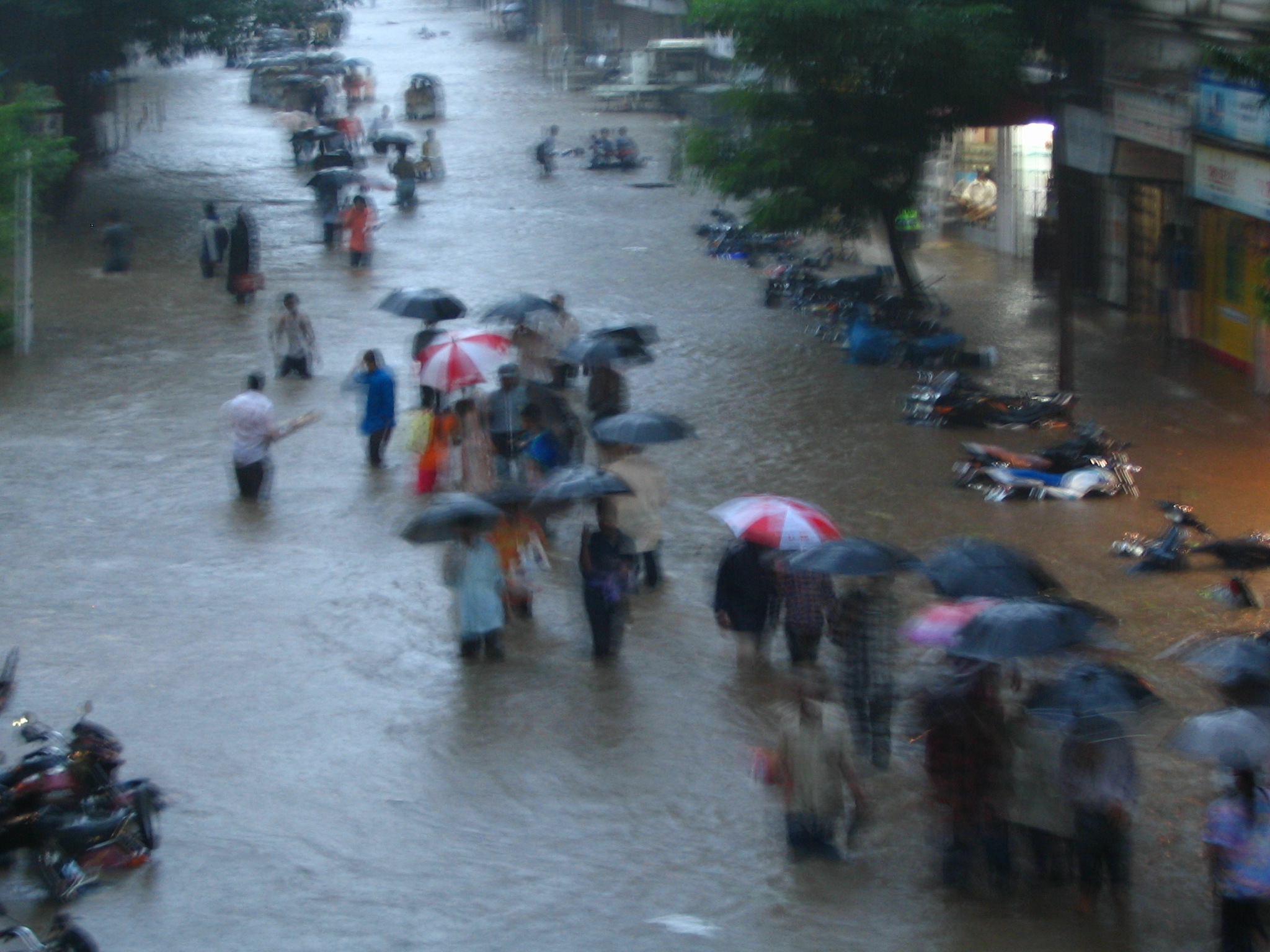Who we are
21 student fellows from Africa, Asia, Latin America, Europe and the U.S. are reporting on the conference. Read more about them.
Live tweets
All stories
Student Journalists Produce 52 Reports From WCSJ2017
Pseudoscience In Developing Countries: Standing Up To Government-Backed Fake Science
Moving From Gut-Based To Data-Based Diagnosis: Joe DeRisi Talks With Carl Zimmer
Big Food Disinformation: Four Industry Strategies Science Journalists Should Understand
California’s Point Reyes National Seashore: Balanced Between Cleanliness And Threats
Cosmologists Save The World? Approaches From Scientific Training Could Shape Public Debates
How To Rate Your Latest Vaccine Story: Tips From A Health News Reviewer
Climate Change And California: A State Where Scientists Have The Ears Of Policymakers
You Are Not Solely Responsible For Your Health—But Does Health Journalism Reflect That?
Fact-Checking In The Age Of “Fake News”: A Q&A With Brooke Borel And Alex Kasprak
To Live Forever: Among The Redwoods Of Northern California
“Fall In Love With The Problem”: A Field Trip To X, Google’s Inventive Sibling
Undersea Robots Capture The Lives Of Mysterious Deep-Sea Jellies
Redefining Philanthropy: Private Donors Underwrite Much Of Modern Research
Surrounded By Cells: Discovering—And Rediscovering—Earth’s Microbiome
Infographics In Science Reporting: Why You Should Use Them, And How To Do It Well
Covering Sexual Harassment In Science: Journalists Weigh In On The Challenges
X-Ray Vision: Berkeley’s High-Speed Electrons Fuel Atomic-Scale Science
Science Podcasts: The Fun, The Challenges, And Tips From The Pros
The People Behind The Science: Writing Compelling Profiles
Resistance Fighters: Bacteria Evolve To Withstand Drugs, Limiting Effective Therapies
Animal Research: An Uncomfortable Topic For Scientists And Journalists Alike
Sorting Through The Stem Cell Hype: A Conversation With Deepak Srivastava
Why Coastal Sea Rise And Eroding Beaches Are Bad News For San Francisco
With Science Under Attack, Should Journalists Enter The Fray? A “House Of Commons” Debate
The SESAME Particle Accelerator: A Symbol For Cooperation In The Middle East
Losing Our Cool: Climate Change Spurs Global Increases In Violence And Inequality
Earth, Wind & Fire: Reporting On Natural Disasters
More People In Science “Must Be Women”: Tackling Global Gender Inequality In STEM
Hit The Accelerator Or Slam On The Brakes: Addressing Challenges In Immunotherapy
How To Defend Science In A Post-Truth World
Following The Science: How To Chase Stories Across Borders
Turning Slow-Burn Environmental Crises Into News: Use Every Trick In The Book
Medical Journal Overload: Databases Help Reporters Mine Healthcare Studies
How Indigenous Voices Should Shape Science Reporting
Raise Your Hand If You’re Human: Ethical Reporting In Crisis Situations
Three Book Writers, Three Writing Styles: The Many Roads To A Bestseller
Mining Big Data In Medicine For Diagnostics And Beyond
Do You Know These African Scientists?
Covering The Next Pandemic: Tips For Journalists Reporting On Disease Outbreaks
Lies, Damned Lies And Sloppy Statistical Analysis Make For Bad Journalism
Airplane-Sized Dinosaurs And Other Prehistoric Oddities
How “Decolonizing” Science Can Make It Better
Looking For Life: Connecting Neurons In The Brain With Consciousness
The Global Ocean: Can We Overcome Our Failures And Move Toward Healthy Seas?
“Stop Doing PR. Start Questioning”: BBC Correspondent On CRISPR Coverage
Why Can’t Scientists Reproduce Each Other’s Results?
The Future Needs Funding: The Persistent Struggles Of Digital Science Magazines
Whoever Is Free From Conflicts Of Interest, Let Them Throw The First Stone!
The Good, The Bad, And The Unclear: Talking Gene Editing With Jennifer Doudna
Stepping Away From Technology: A Political Approach To The Future Of Employment
“Wafflers” Exert A Growing Influence On The Climate Change Debate
How To Decolonize (Or Decolonise) Science Communication
Our Global Crew Of Student Fellows Fans Out To Cover #WCSJ2017 On Twitter

